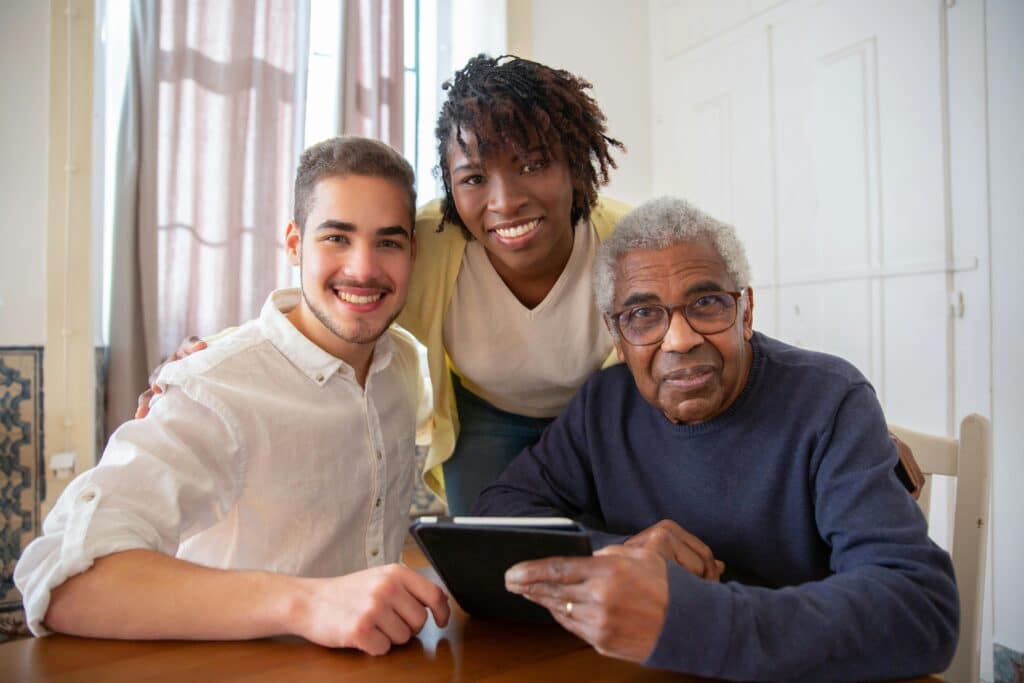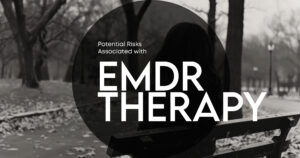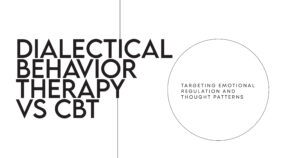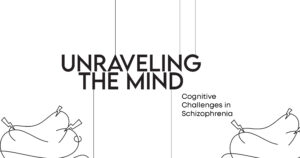What Is Intergenerational Trauma?
Intergenerational trauma is when pain, stress, and trauma are passed down from parents to children—and sometimes even to grandchildren. This trauma doesn’t just come from family issues. It can come from big life events like wars, natural disasters, refugee experiences, slavery, or racial discrimination. These painful events can hurt how people feel, act, and even how their brains work.
Even if a child didn’t go through the trauma themselves, they can still feel the pain and stress their family experienced. This is called transgenerational trauma, and it affects many people around the world.

Nashville Mental Health
How Trauma Travels Across Generations
Through Families
When a parent or grandparent goes through a hard time like domestic violence, abuse, or poverty, they may change how they raise their kids. They may act distant, angry, or scared. Children grow up watching this and may learn to act the same way.
This type of trauma is sometimes called adverse childhood experiences (ACEs). These include things like:
- Seeing violence in the home
- Living with someone who has substance abuse problems
- Not feeling safe or cared for
These experiences can hurt a child’s mental health, behavior, and ability to manage stress.
Through DNA (Epigenetics)
Science shows that trauma may not only affect emotions—it can change our DNA! This is called epigenetics. When someone goes through trauma, it can affect how their genes work. Then, when they have children, those changes may be passed on. This is known as transgenerational epigenetic inheritance.
Research shows that children of people who survived very painful events—like the Holocaust, slavery in the United States, or the Vietnam War—may carry signs of that trauma in their bodies and minds.
Who Experiences Intergenerational Trauma?
Indigenous Peoples and Historical Trauma
Many indigenous peoples, like Aboriginal Australians, Torres Strait Islanders, and Native Americans, face historical trauma. This is trauma caused by past events like:
- Stolen generations (when children were taken away from their families)
- Forced relocation
- Cultural erasure
- Racism and discrimination
These events didn’t just affect one person. They hurt whole communities, and the pain is still felt today.
African Americans and the Legacy of Slavery
In the United States, slavery and racism created long-lasting pain for African Americans. Families were broken apart, and people were treated as less than human. Even though slavery ended long ago, the trauma hasn’t. It still affects how people feel, how they act, and even how healthy they are.
Refugees and War Survivors
People who survive genocide, war, or being forced to leave their country (refugees) also carry trauma. That trauma can pass on to their children—children who might never have seen the war or violence, but still carry the pain.
Signs of Intergenerational Trauma
Some signs of intergenerational trauma include:
- Aggression or angry outbursts
- Fear or anxiety, especially in safe situations
- Trouble with identity or feeling out of place
- Grief and sadness that doesn’t go away
- Dissociation, or feeling disconnected from reality
- Difficulty trusting people
- Trouble in school or work
- Using drugs or alcohol to cope
Sometimes, people don’t even realize their behavior is connected to old trauma. They may think, “This is just how our family is.” But healing is possible.
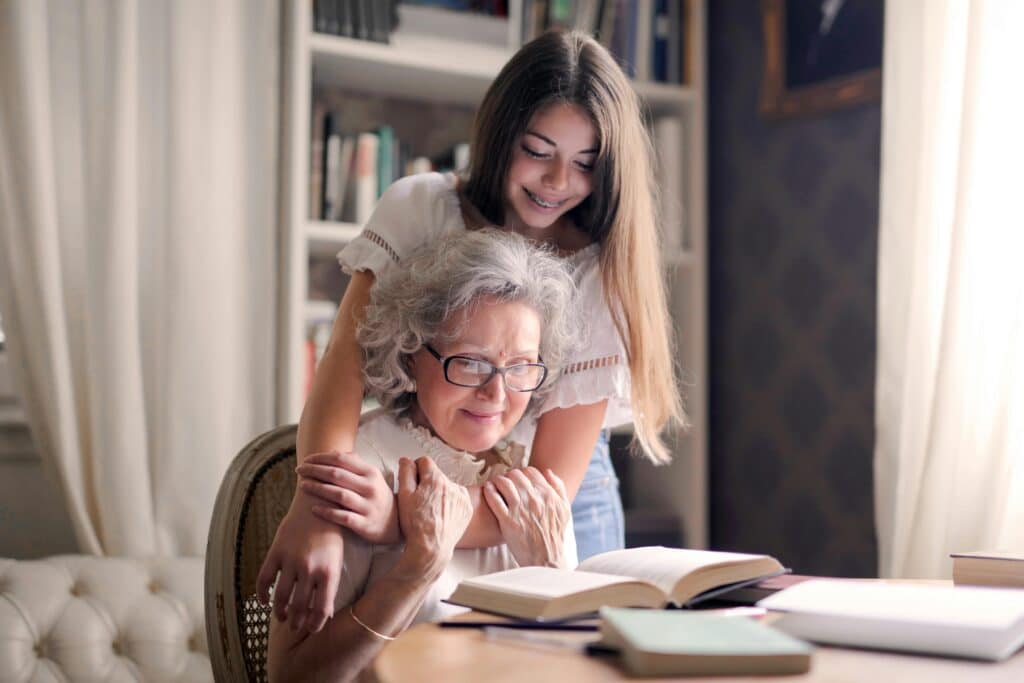
Nashville Mental Health
How Trauma Affects Health
Trauma doesn’t just hurt the mind. It can also hurt the body. People with intergenerational trauma may have:
- Higher stress
- Problems with the brain, like memory or learning issues
- More health care needs
- Risk of mental illness like anxiety or depression
- Trouble managing emotion
- Higher chance of having heart disease or diabetes
This shows how powerful trauma can be. It can shape lives, families, and even health for generations.
Coping and Healing from Intergenerational Trauma
Therapy and Mental Health Support
Talking to a therapist is one of the best ways to heal. A therapist helps people understand their trauma, feel their emotions, and learn better ways to cope.
Some helpful types of therapy include:
- Cognitive Behavioral Therapy (CBT)
- Trauma-focused therapy
- Family therapy
- Culturally sensitive therapy (helpful for people dealing with racism, oppression, or cultural identity struggles)
Cultural Healing and Community
Healing doesn’t just happen alone. Culture, community, and family can help people feel strong again. For indigenous Australians or African Americans, reconnecting with traditions, language, or spiritual beliefs can be healing.
Community support can include:
- Support groups
- Cultural ceremonies
- Talking circles
- Education about the past and how it still affects the present
Education and Awareness
Learning about intergenerationality, racism, historical trauma, and how trauma affects the brain and behavior helps people understand their feelings. It can also help reduce discrimination and build a stronger, more caring world.
The Role of Research in Healing
Research plays a big role in understanding trauma. Studies, including systematic reviews, have helped doctors, teachers, and parents see how trauma affects people across generations. It also helps create better health care and stress management plans for families.
By understanding trauma, we can build a future where fewer people suffer in silence.
Why Intergenerational Trauma Matters
Trauma from the past doesn’t stay in the past. It lives on through generation after generation—through stories, genes, and behavior. But there is hope.
By learning, caring, and healing together, we can stop trauma from spreading. We can raise stronger, healthier, and more connected families.
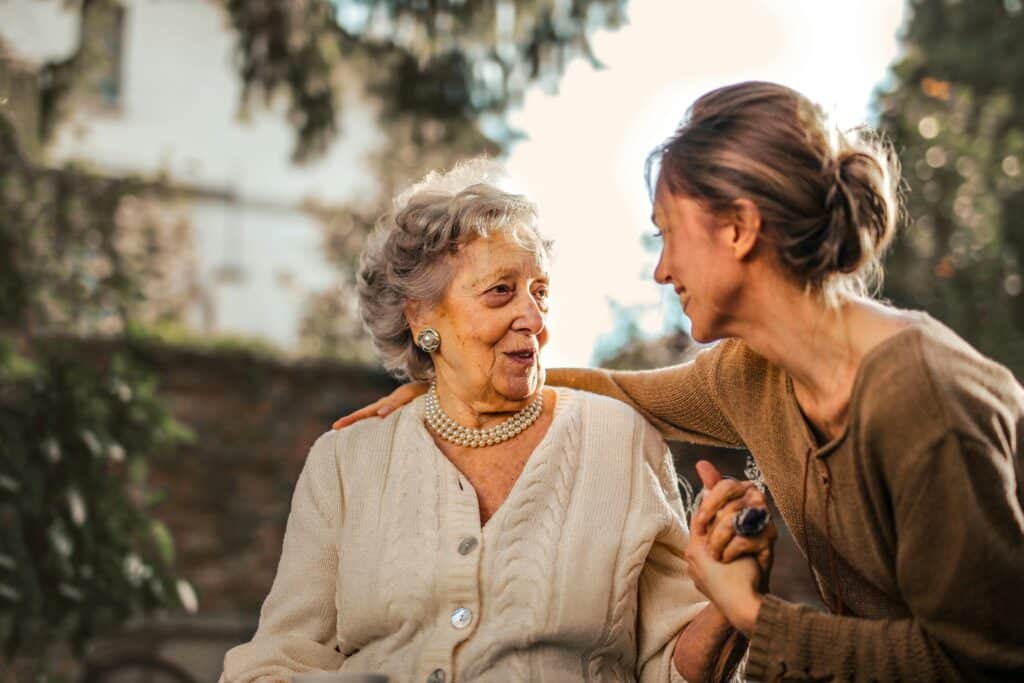
Nashville Mental Health
FAQs About Intergenerational Trauma
1. What causes intergenerational trauma?
Intergenerational trauma comes from past painful events like abuse, slavery, war, or racism. That pain is passed from parent to child through behavior and DNA.
2. Can intergenerational trauma change your DNA?
Yes. Science shows trauma can affect epigenetics, which changes how genes work. These changes can be passed to children and grandchildren.
3. Can intergenerational trauma be healed?
Yes. With therapy, support, and understanding, families can break the cycle and start healing.
4. How do I know if my family has intergenerational trauma?
Signs include long-term stress, violence, addiction, or emotional problems in multiple generations. A therapist can help uncover hidden trauma.
5. Why does trauma affect some groups more than others?
Some communities, like refugees, indigenous peoples, or African Americans, have faced more historical trauma and oppression, which increases risk.
Need Help? Contact us today or visit SAMHSA for more information.
If you or someone you love is struggling with trauma, reach out for help. Mental health care and therapy can make a big difference. Healing starts with understanding—and you’re not alone.


